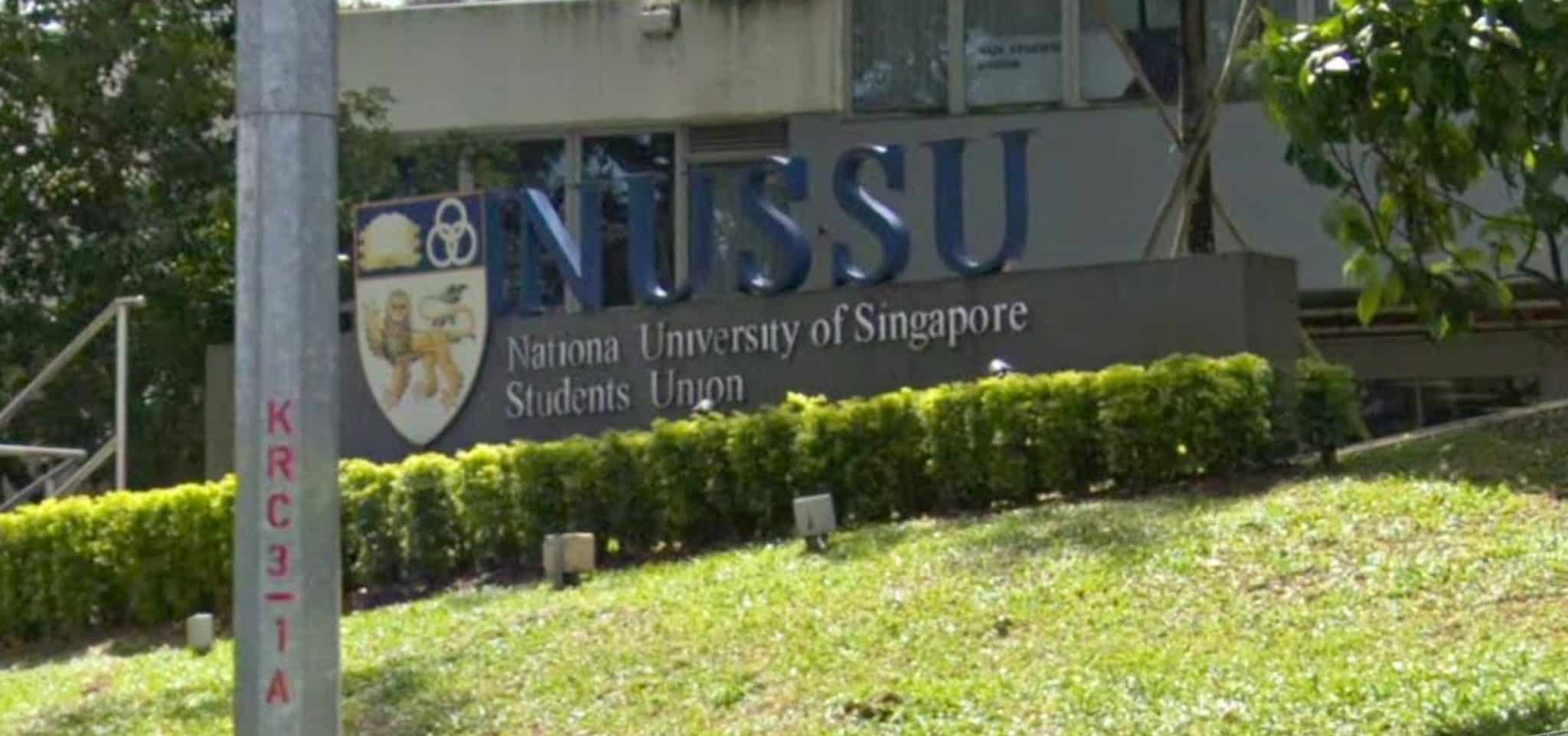
While Singapore’s measure of income inequality has “fallen”, and remains “high for a country”, it is however “not high for a city”, says Acting Minister of Culture, Community and Youth, Lawrence Wong.
Mr Wong was responding to a question posed to him by a student during the Singapore Management University’s “Apolitical Kopi Talk” forum on Monday. The student had wanted to know how the government was dealing with the income gap here, which is one of the widest in the world.
The minister explained that Singapore’s gini coefficient index, which measures income inequality, has “come down sharply” in 2013.
It stands at 0.412, after government transfers.
The index ranges from zero to one. The higher the number, the bigger the inequality gap.
“If you look at where our Budget is, it is firstly highly progressive … from 2003 to 2013 the lower deciles are getting a lot more in terms of transfers,” Mr Wong said.
He also rejected the view that economic growth would always worsen income inequality, pointing to Singapore’s experience where, he said, the gini coefficient has “stabilised”.
“In the last five years, there is no correlation in terms of growth going up and Gini going up as well,” he said. “It can happen, but it didn’t happen in our case.”
Without government transfers – taxes, handouts, subsidies – Singapore’s income gap would stand at 0.463. This is down from 0.478 in 2012.
Mr Wong’s use of the gini coefficient to explain how Singapore has closed the income gap is a departure from previous positions taken by the government, which had dismissed the index, and instead argued that it was more important to create jobs for Singaporeans to enable them to afford living costs, and to attract the rich to Singapore.
In 2009, then Minister Mentor Lee Kuan Yew said, “Never mind your Gini coefficient. If you don’t have a job you get zero against those with jobs. So our first priority is jobs for everybody.”
And in 2010, Prime Minister Lee Hsien Loong said the index is “not important.”
“What’s important is not the absolute gap between the top and the bottom,” PM Lee said then, “but whether those at the bottom are being helped to move up.”
“Supposing the world’s richest man, Carlos Slim, comes to live in Singapore,” PM Lee said. “The Gini coefficient will get worse. But I think Singapore will be better off. Even for the lower-income Singaporeans, it will be better.”
But observers have warned that a rising gap would be a danger to social stability.
“A Gini-coefficient of 0.4 is generally regarded as the international warning level for dangerous levels of inequality,” the BBC said in 2011 in a report on the situation in China.
“A Gini coefficient of 0.5 is normally considered a danger to breach,” said former National Wage Council chairman, LIm Chong Yah, in 2012, sounding the alarm that Singapore was drawing closer to the danger.
In February 2013, the Department of Statistics reported that the income gap had widened in 2012 – despite government transfers then.

Mr Wong said about 80 per cent of all government transfers had gone to the bottom decile, or the lowest 10 per cent of income earners.
Turning to comparison with other countries, Mr Wong gave the example of the United States.
“If you look at cities … the Gini in New York is higher than the Gini for America,” he said.
He added that this is because there is a higher concentration of talent with high incomes in the cities, who live together with those who do not earn as much.
When another student pointed out that those in cities like New York and London can choose to live elsewhere in the same country, while those in Singapore do not have such a choice, Mr Wong said “it depended on whether Singaporeans wanted to live in a city with the opportunities of New York and London, and how Singaporeans would address the issues that came with that choice.” [TODAY]
But the question of inequality is not simply one of having more measures to help the lower bottom half of society.
In a paper in 2012 on the topic, several academics and economists wrote, rebutting the thinking that economic growth is all that is needed to tackle the problem:
“A more unequal distribution of income imposes very real costs on society, and not only because it may increase envy of the rich. Increasing inequality can undermine social cohesion and generate widespread disaffection with the prevailing economic and political systems… society’s well-being is not just a function of economic growth or GDP per capita, but is also affected by how evenly incomes are distributed.”
“[Recent research] on inequality suggests that it is not a problem that can be easily isolated and tackled with more measures to help the poor. Instead, it is a systemic problem caused by the interaction of globalisation, skill-based technical change and domestic policies, and with consequences more profound and far-reaching than simply people’s envy of the rich. All this indicates that addressing inequality will require structural solutions that go beyond ‘targeted’ measures to alleviate poverty… addressing inequality would require us to rethink our social compact and articulate a vision of the good society for Singapore.”








